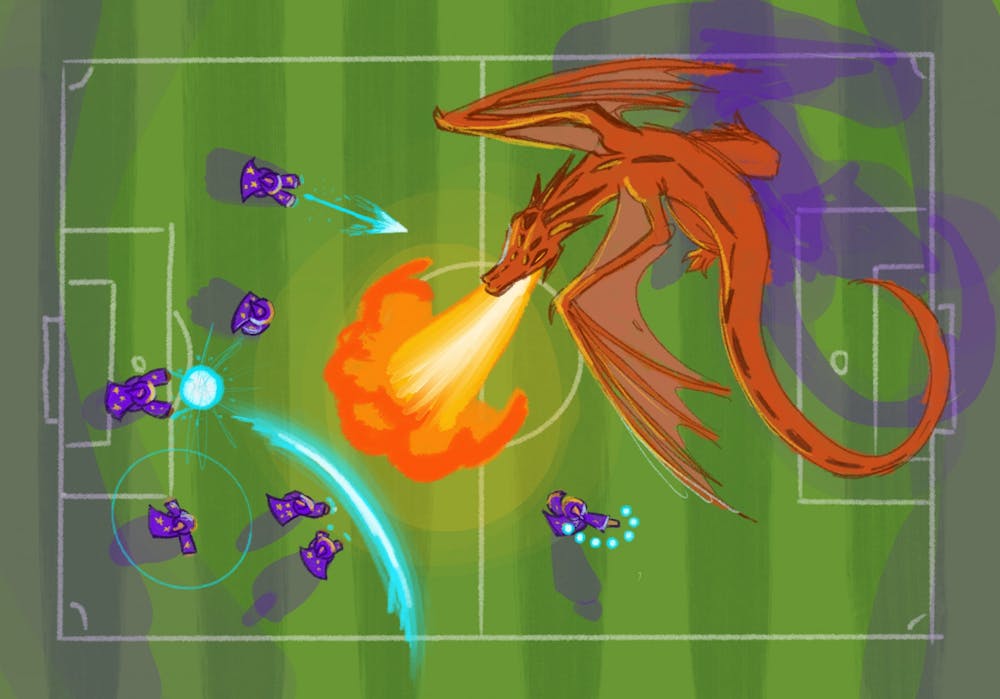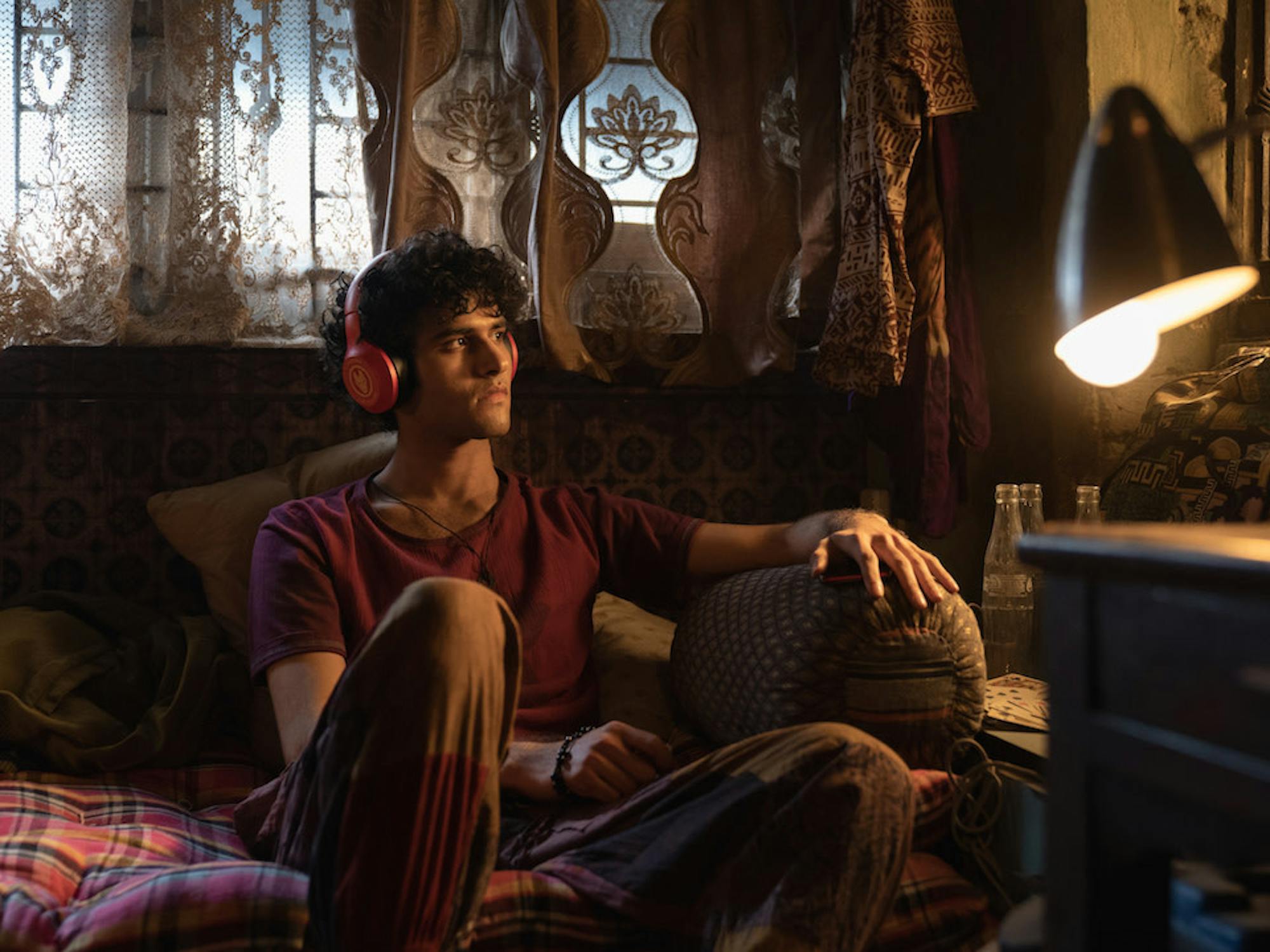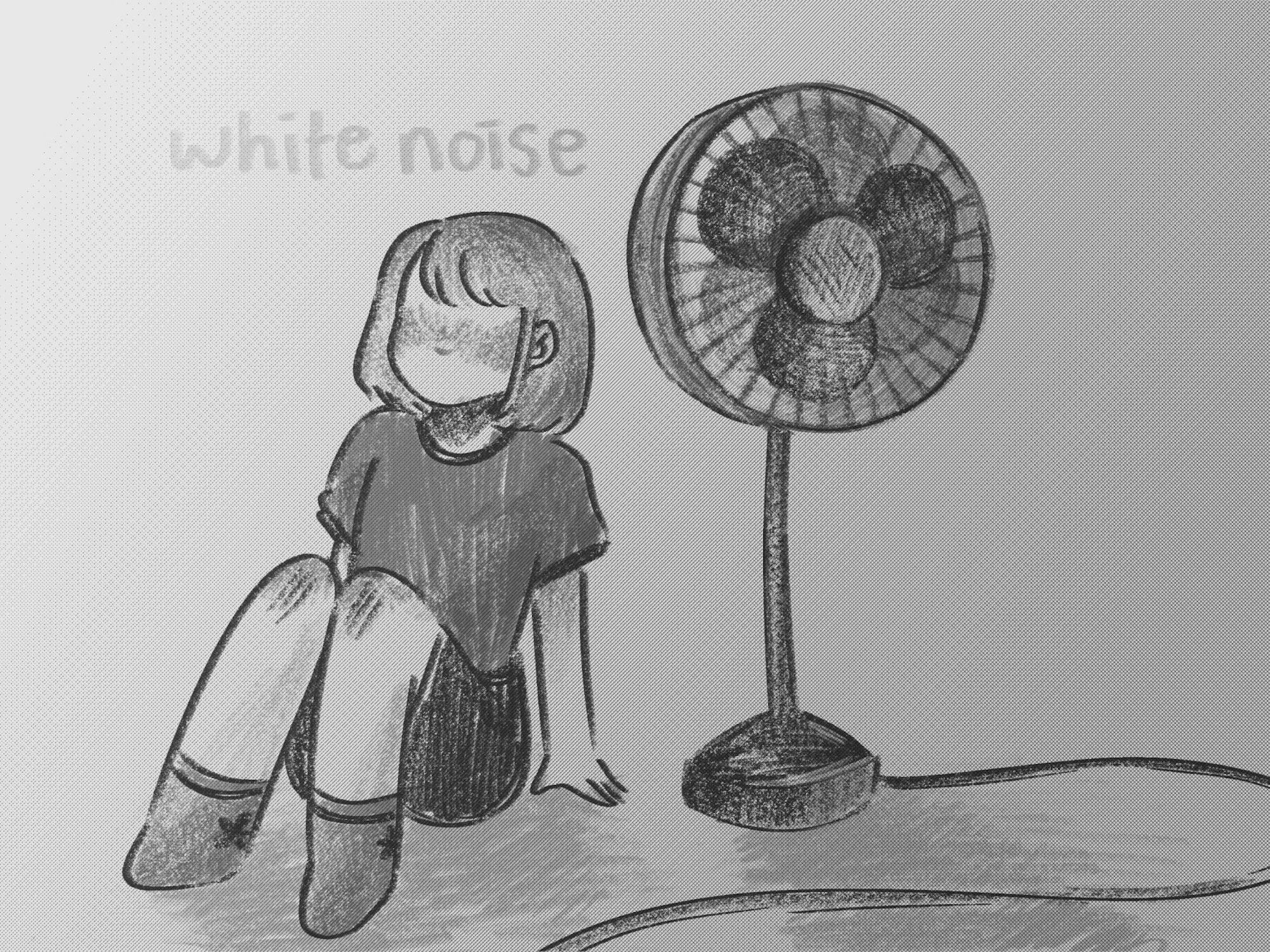It’s Friday afternoon, and I’ve arrived home from middle school just in time to catch the last game of the European professional League of Legends scene. The rest of my night will be spent catching up on highlights from the games I missed while I was at school, with breaks only to eat, walk my dog, and spend time with my parents to satisfy their social batteries. I drift off to sleep listening to my favorite streamers playing League through my phone’s tinny speakers, and I awaken refreshed at noon on Saturday with another afternoon of European League of Legends ahead of me.
By 4 p.m., the European scene is over for the day, but my evening is just beginning. Now, it’s time for the North American League. I don my Team Liquid shirt to show support for my favorite team and spend the next five hours watching regular season games. After each game, I switch browser tabs to Reddit to comment my analysis of the winning team’s strategy, rewatch the sickest plays, and upvote memes about the day’s games. I know all of the players, all of their current and former team affiliations, and all of the narratives surrounding the players and the teams—I am living the life of a League of Legends superfan.
How did I end up like this? What happened?
Growing up, I tried again and again to follow different sports. I thought it might be inspiring to watch people do something at the top of their game, and because many of my friends were interested in the sports world, I figured I would get into it too. So, I would turn on the TV and watch a game of baseball, basketball, or football, and while I understood pretty quickly what was occurring on screen, I never got to the point where I would really want to watch it. Maybe it was the pace of the game or because I didn’t actually play it, but this didn’t explain the whole picture: I would eagerly and intently watch mind-numbingly boring games of League, and I did play pickup basketball with my friends sometimes.
The more likely reason behind my disinterest was that I didn't immerse myself in the narrative world of those sports fandoms. It’s like starting a TV series from season eight—as a casual viewer, I didn't have the background knowledge that would have allowed me to care about the characters or the world that players, casters, and fans have constructed.
Once you’ve bought into a sports universe, the potential for analysis is endless. Sports fans spend their time arguing over who the greatest of all time (GOAT) is. They invest themselves in conjuring narratives for why their favorite player should be the MVP and uphold long-running rivalries with other fan communities who have constructed different stories and assigned different protagonists and antagonists from the same set of events. These points of discussion—which may seem mundane to outsiders—are how sports fans construct the narratives that keep them so excited by the repetitive and linear nature of actually watching the sport. They know what good dunks, clutch touchdowns, and crazy knuckleballs look like—these are things they’ve seen before. What they want is a good story.
My relationship with League is inseparable from my childhood. I grew up in Melbourne, Florida—a place my friends and I dubbed “Mel-boring,” since there was never anything exciting going on. Although we’re right next to the beach and only an hour away from Disney World and Universal, it was often hard to find things to do. The issue with Melbourne is its suburban sprawl; everything is so far apart that, until you get a car and a license, it’s impossible to go anywhere without being driven.
As fifth graders stuck at home most afternoons and weekends, my friends and I thought that technology might be the solution. I didn’t own a gaming console like most of my classmates, but my parents had recently bought a laptop for our house, so I did some research and convinced my friends to try out the hottest new game in 2012: League of Legends.
League is a team-based, multiplayer online battle game, where two teams of five players compete against each other, employing strategy and mechanical skill to try to destroy the opposing team’s Nexus, a structure located at the heart of each team’s base, while defending their own. Players select from a large pool of “champions” and in-game items, with your decision varying depending on how your team is doing, the champions the enemy team has chosen, your own preference, and many other considerations. League is a challenging game to learn, and a number of my friends would quit the game soon after joining because it was no fun being bad and losing all the time.
But I was determined. I wanted to learn how to navigate League’s endless strategic complexities —I wanted to get good, and I had the free time to do it. Or at least, to attempt to, because the hours I began putting into the game playing alone did not translate into any significant material gains.
My aspiring solo career was further quashed by another formidable obstacle: my parents, who managed to undermine my esports training regimen without particularly trying. I found myself playing less and less; I could never find the uninterrupted 45 minutes it took to play a game of League because I could never expect when my mom would summon me from my room to flip dosas, or when my dad would ask me to help him fix the printer yet again. Not to mention, as a middle schooler, I needed to be in bed and ready to fall asleep by 10 p.m.
But my teenage brain was already hooked. Even when I wasn’t playing, I sought out ways to engage with its content. I found myself fantasizing about making super awesome plays in math class and brainstorming cheeky hypothetical strategies to use in game. And, importantly, I discovered after searching “Best of League of Legends game ever” on YouTube that there was an endless supply of LoL content to watch. I remember watching the entire game of Team WE vs CLG.EU and being so excited that I’d discovered an avenue for investing myself in the game that was free from the barriers I’d run into while playing it.
I kept creeping further and further down the League of Legends rabbit hole. I started watching the live games of the professional circuit of North America. Soon after, I was watching highlights from professional leagues in other regions and videos from League streamers, and eventually I found myself waking up on weekends to watch pro play in real time. I was addicted… not to playing League, but to watching other people play it. What had begun as a search for a way to fill my free time at home had grown into something that I cared very deeply about.
As I’ve gotten older and no less addicted to League, I have spent a lot of time thinking about why watching other people play this video game appeals so much to me, and just like with any other sport, the answer comes down to understanding esports as a form of storytelling.
The basic League of Legends game has a fairly simple plot structure. At the beginning of the video, we meet our protagonist (and maybe their accomplices) as they venture to try to win. The friction in the story arises from some enemy constructed in the minds of the viewer by the streamer or casters: teammates playing poorly, the opposing team playing extremely well, or the difficulty of some new tactic that our protagonist is developing. As we watch the game, we get to root for our beloved protagonist—even imagining ourselves in their place—while they take on their enemies to try to achieve their goal of winning the game. The epic fight scenes, cheeky strategies, and bits of humor and excitement added in by commentators augment this fairly linear plot and make it something unique and special compared to the millions of other videos centered around the same overarching game.
At the same time, these stories fit into larger narratives that the fans construct about these players, often drawing upon history from previous competitive seasons or past drama. Will Tyler1 be able to show us that he can really reach the top playing every role? Does Doublelift still have what it takes to be the best after returning from two years of retirement? I’ve now spent enough years as a superfan of the pro scene and a follower of several streamers to understand all of the stories that the analysts and commentators want viewers to imagine. As I consume more and more content, the gameplay itself becomes increasingly immaterial. Instead, I am watching to see how the plot of the story progresses, to hope that my protagonists will be able to eke out the victory or to see if the underdogs can make a miracle happen. The real beauty comes from understanding these videos as stories or episodes that fit into a larger narrative.
I’ll be graduating from college in just about three months from now. My free time and ability to see others are no longer constrained by whether or not my parents can drive me to a friend’s house; my life has changed substantially from my middle school days. But here I am, still consuming League content, rooting for teams I arbitrarily decided were my favorites eight years ago and following players and long-time streamers to see how their seasons are going. I’m invested, perhaps partially out of fondness or nostalgia, but also because the tales that I and other spectators weave around teams continue to shift and unfold. I sometimes wonder if being a League fan will ever get old, but understanding these games as narratives lends them tremendous staying power. The thing about stories is that, when told right, they have the ability to sweep you into their arcs and captivate you all the same, whether you’re hearing them for the first time or the hundredth.





